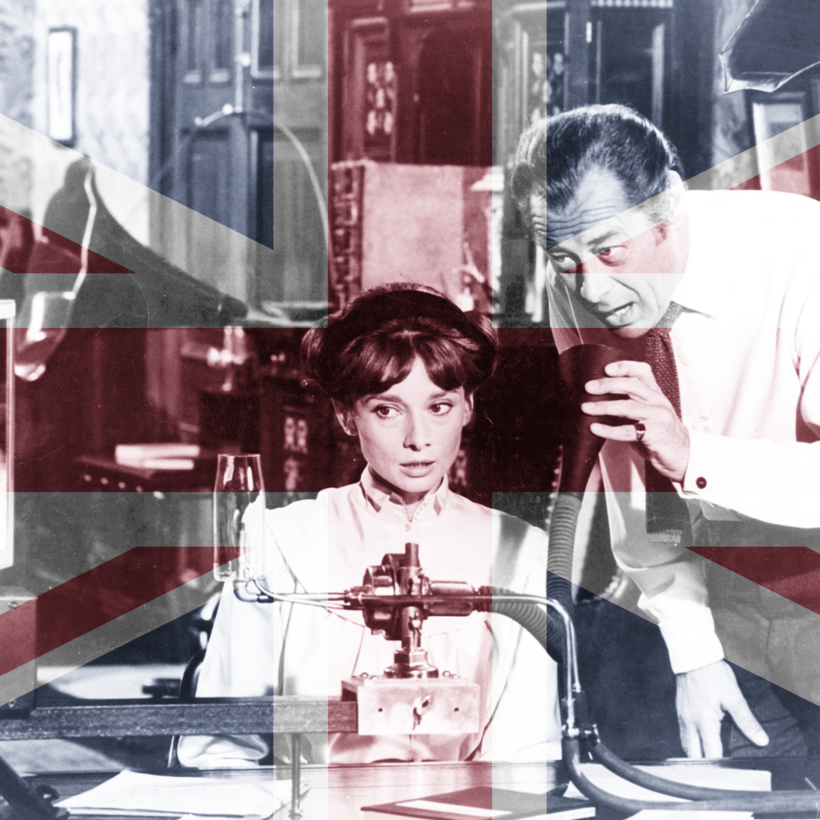Purists have long decried the creeping influence of American slang on language in Britain, blaming Hollywood and more recently YouTube.
Awesome, playdate, fries, “like” as a filler word, my bad and gotten have all set traditionalists’ teeth on edge.

“Cheeky!” “Dodgy!” “Cheers!” America’s Gen Z is embracing Britishisms like there’s no tomorrow
Purists have long decried the creeping influence of American slang on language in Britain, blaming Hollywood and more recently YouTube.
Awesome, playdate, fries, “like” as a filler word, my bad and gotten have all set traditionalists’ teeth on edge.